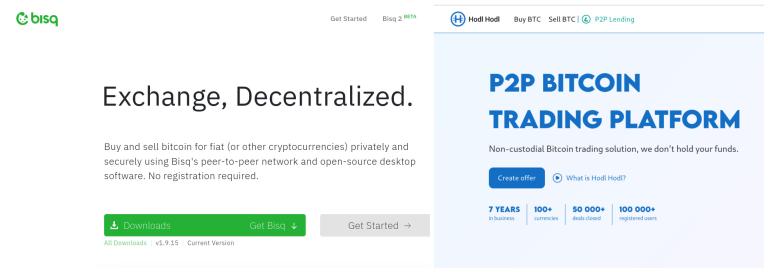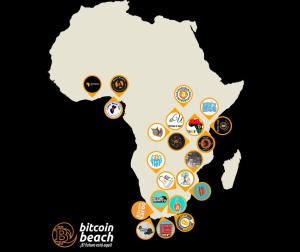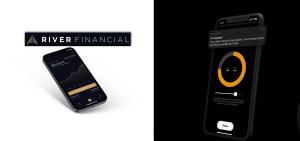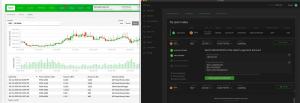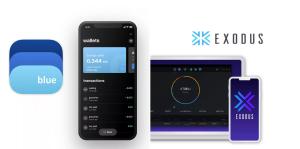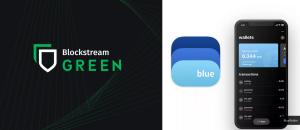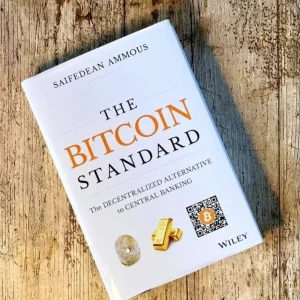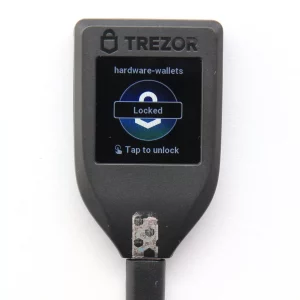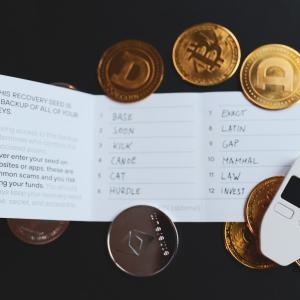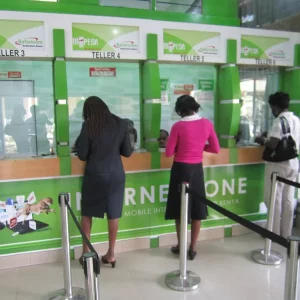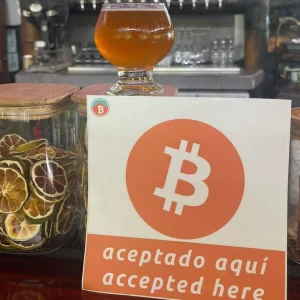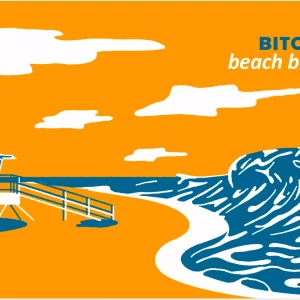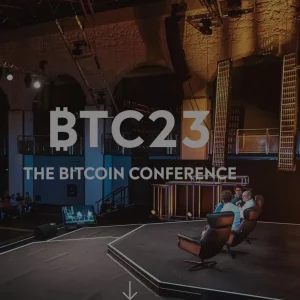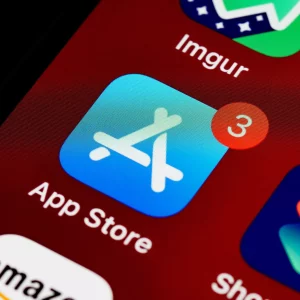Both Hodl Hodl and Bisq are non KYC, peer-to-peer (P2P) Bitcoin exchanges, but they cater to different preferences. After thorough research and analysis, we have compiled a comprehensive comparison of these two platforms to help you decide which one suits you best.
What is Hodl Hodl?
Hodl Hodl is a centralized global peer-to-peer bitcoin trading platform and p2p Bitcoin lending platform. It is a noncustodial non-KYC exchange that allows you to anonymously sell and buy bitcoin without involving a third party. It uses a multisig Bitcoin escrow system to secure transactions and a built-in dispute resolution system to protect both parties of the trade. Furthermore, it also allows you to set your terms for each trade, such as payment method, currency, and trading window. Besides, it supports the Lightning Network.
Besides its peer-to-peer (P2P) exchange service, the platform also provides a P2P Bitcoin lending service. This service allows you to use your Bitcoin as collateral to borrow or lend funds. Borrowers and lenders connect directly on the platform, cutting out the need for intermediaries like banks.
Find out more: Review of Hodl Hodl
What is Bisq?
Bisq is a decentralized, open source, peer-to-peer non KYC exchange that allows you to buy and sell bitcoin using an open-source desktop software without KYC requirements. The exchange runs on a distributed network of nodes, meaning that there is no central server that could be hacked or taken down by a single entity. This makes Bisq more resistant to censorship and seizure, and provides users with greater privacy and security.
Find out more: Review of Bisq
Ease of Use
Hodl Hodl offers a user-friendly interface and a straightforward trading process. To start buying or selling bitcoin on Hodl Hodl, you need to create an account, set up your payment method, and create a buy or sell offer. Once you find a matching offer, the platform generates a multisig escrow address to secure the transaction.
Bisq, on the other hand, requires a bit more technical knowledge and setup. Most new users find its interface a bit challenging and confusing. You need to download and install the Bisq software on your computer, create an account, and browse offers to buy or sell bitcoin on the Bisq network. Bisq uses a multisignature escrow to ensure that funds are not held by any single party, and a decentralized arbitration system to resolve disputes.
Bisq traditionally requires a Bitcoin security deposit from both buyers and sellers to ensure a smooth trade. This deposit discourages bad actors and protects honest traders. Previously, you would’ve needed some Bitcoin upfront to use Bisq. But with the launch of Bisq 2, new users can now buy small amounts of Bitcoin (up to 0.01 BTC) to get started, without needing a security deposit or any fees.
Find out more: Bisq 2 Review: No Fees, No KYC Exchange
Security
Hodl Hodl places a strong emphasis on security by functioning as a noncustodial Bitcoin exchange. Transactions take place directly between buyers and sellers, with an innovative security feature known as multisig escrow ensuring the safety of both parties involved.
Bisq’s security model uses multi-signature transactions to ensure that funds are not held by any single party. Furthermore, Bisq’s security model ensures that you hold the private keys to your bitcoin wallet, which means that you have complete control over your funds.
Privacy
Hodl Hodl is a non-KYC exchange, which means that you can trade anonymously without revealing your personal information to anyone. The platform does not collect your personal data, ensuring that your privacy is protected.
Bisq also values privacy and does not require KYC or personal information from its users. Moreover, the platform uses Tor, a free software that helps to protect users’ online privacy and anonymity.
Fees
Hodl Hodl trading fees depend on the transaction size and type. Generally, fees range from 0.2%-0.4% for small trades and can go up to 1%-2% for large trades. The seller sends the funds to escrow plus his fee; the buyer receives the amount minus his part of the fee. The trading fee is equally split between the buyer and seller.
Bisq fees are calculated as a percentage of the trade size and vary depending on whether the user is a “maker” (someone who adds liquidity by placing a new order) or a “taker” (someone who removes liquidity by fulfilling an existing order). Makers pay a 0.1% fee, while takers pay a 0.7% fee, if paid in BTC. However, if paid in BSQ (the native crypto of the Bisq network), the fees are approximately half of the BTC fees.
Find out more: Bisq vs RoboSats
Experience and Reputation
Hodl Hodl has a good reputation among Bitcoin users and has been in operation since 2018. Bisq has been in operation since 2014 and has a strong reputation among advanced Bitcoin enthusiasts who want privacy.
Hodl Hodl vs Bisq: Summary
Below is a table summarising the similarities and differences between Hodl Hold and Bisq:
| Feature | Hodl Hodl | Bisq |
|---|---|---|
| Type | Centralized Peer-to-Peer Exchange | Decentralized Peer-to-Peer Exchange |
| Bitcoin-only | Yes | No (Bitcoin and other cryptocurrencies) |
| Open source | No | Yes |
| KYC Requirements | None | None |
| Security Model | Multisig Escrow | Multisig Escrow |
| Decentralization | No | Yes |
| Privacy | High (No KYC, multisig escrow) | Very High (No KYC, Tor network) |
| Platform | Web-based | Desktop Application |
| Mobile App | No | For notifications only (Android/iOS) |
| Trading Fees | 0.2% – 2% depending on trade size | Makers: 0.1%, Takers: 0.7% (lower with BSQ) |
| Payment Methods | Over 100 methods including bank transfers and credit cards | Various methods agreed upon by trading parties |
| Supported Currencies | Any fiat currency | Any fiat currency |
| Lightning Network | Yes | No |
| Liquid Network | Yes | Yes |
| Advanced Trading Features | No | No |
| Dispute Resolution | Built-in system with arbitration | Decentralized arbitration with a third key holder |
| User Control | Full control of funds, noncustodial | Full control of funds, noncustodial |
| Liquidity | Potentially lower due to less trading volume | Lower due to fewer users and manual trade settlement |
| Community and Support | Limited community features | Strong community-driven support and development (DAO) |
| Ease of Use | User-friendly interface | More complex, requires understanding of decentralized systems |
Bisq vs Hodl Hold: Our Verdict
Choosing the right platform between Bisq and Hodl Hold depends on what matters most to you as a Bitcoin trader. If you’re new to the game and value a user-friendly interface with familiar payment options, Hodl Hold might be a good fit. While it requires users to operate a desktop application and navigate through more complex systems, Bisq offers very high privacy by utilizing the Tor network. If anonymity is your top concern, Bisq takes the crown with its Tor network integration.
For traders who value decentralization and community ownership, Bisq’s DAO (decentralized autonomous organization) structure offers a compelling advantage. When it comes to fees, Bisq can be cheaper, especially for users holding its BSQ token.
However, both platforms might have lower trade volume compared to bigger exchanges, with Hodl Hold potentially offering slightly more liquidity due to its larger user base. In the end, the best platform depends on your individual needs. If you prioritize ease of use, Hodl Hold is a good option. But for privacy, decentralization, and potentially lower fees, Bisq stands out.
One thing to keep in mind is that neither Bisq nor Hodl Hold offer mobile apps for trading. You’ll need to use Bisq’s desktop application or Hodl Hodl web platfrom to buy and sell Bitcoin. However, both platforms do use a secure escrow system to protect your funds during transactions. This means your Bitcoin is held in a neutral account until both parties fulfill their obligations in the trade. This adds an extra layer of security for buyers and sellers.

